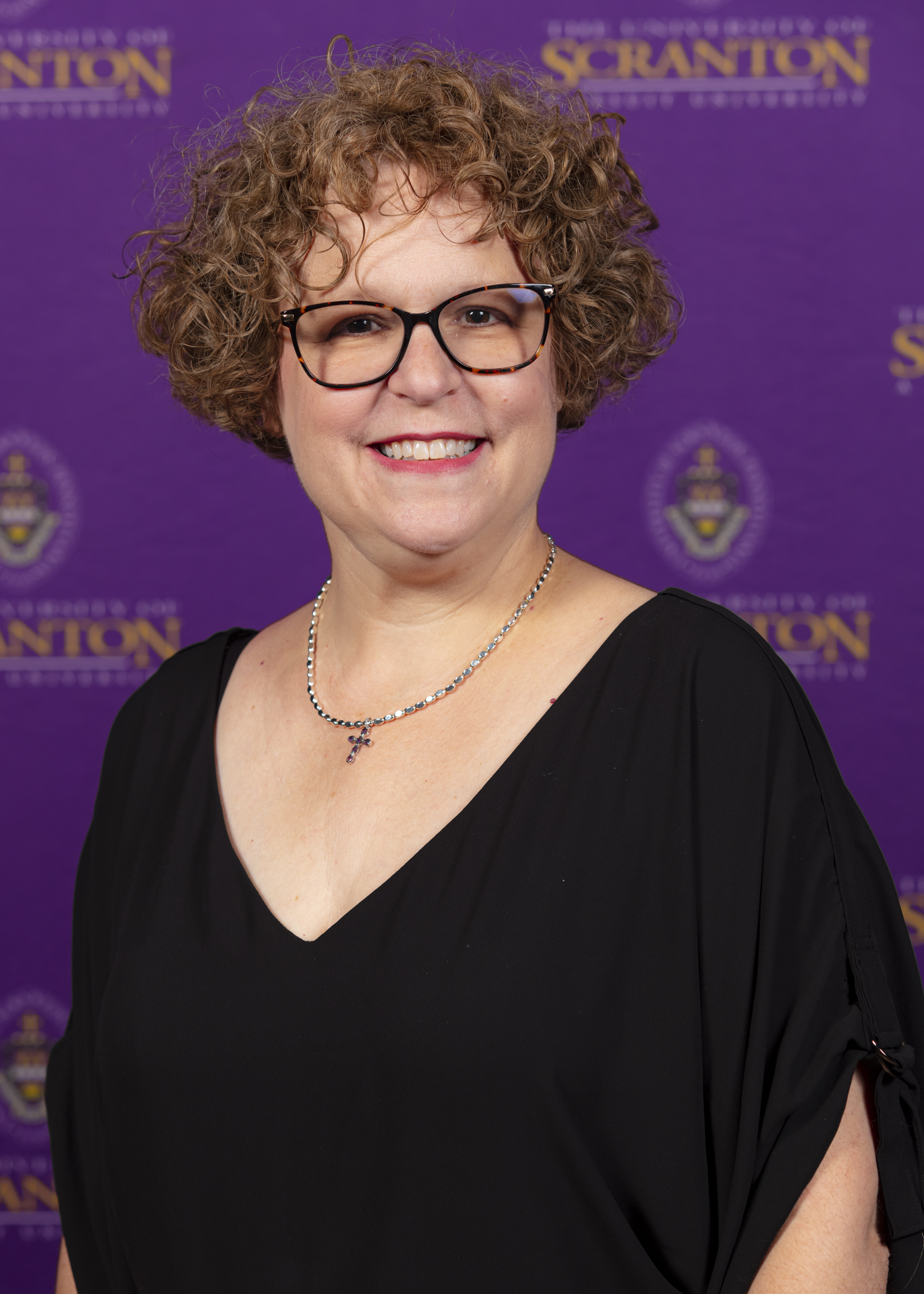Executive Nurse Leadership, MSN
The Executive Nurse Leadership specialization, offered in conjunction with the Department of Health Administration and Human Resources, prepares nurse executives to be leaders in the increasingly complex and rapidly changing healthcare climate. Nurse Executives require sound clinical knowledge and administrative skills to function effectively as leaders within today’s integrated healthcare delivery systems.
Program Requirements
An applicant for the Executive Nursing Leadership program must possess a baccalaureate degree in nursing from a CCNE, ACEN, or CNEA accredited program; have an undergraduate GPA of at least 3.00 or other evidence of ability to complete successfully a graduate program such as grades in other post-baccalaureate courses, scores from national graduate school entrance examinations, or a record of progressively higher work experiences; and be licensed as a registered nurse in the state of Pennsylvania.
Students may begin course work in either the fall or spring semester.
For general application requirements, please Visit Our Admissions Webpage.
Curriculum
The Executive Nurse Leadership specialization is offered as a 30-credit master’s degree for baccalaureate-prepared-nurses.
Each student is required to complete a 125-clock hour executive nurse leadership practicum as a capstone experience. Faculty will provide guidance and support in selection of a preceptor for the practicum who will work with the student to facilitate real-world experience in the application of leadership and management principles. The preceptor and clinical site selection will be based on the student’s career goals. Examples of clinical sites include acute care, home care, long term care, occupational health, community-based clinics, consulting groups and political/legislative experiences.
For additional information on the curriculum, visit the Loading... Catalog.
Purpose of the Executive Nurse Leadership Specialization
The Executive Nurse Leadership specialization prepares nurse executives to be leaders in the increasingly complex and rapidly changing healthcare climate. The curriculum emphasizes content in organizational and financial management perspectives, as well as the knowledge and skills to exert a leadership role in health care and contribute to the art and science of nursing.
Beyond the Classroom

Graduate Program Overview
Find out more about our faculty, graduate outcomes, student support and more.

Assistantships
Graduate Assistants, who assist faculty in the delivery of course content, receive a stipend as well as tuition scholarships.
Graduate Education at Scranton
With over 30 programs, The University of Scranton can help you achieve your goals, personally and professionally. Find out what our students have to say about graduate education at Scranton.
Program Elements
Capstone Experience
125-clock hour executive nurse leadership practicum to facilitate real-world experience in the application of leadership and management principles.
Career Opportunities
acute care, long-term care/home care facilities, occupational health, community-based clinics, consulting groups and political/legislative positions
Accreditation
Mission Statement of Nursing Department
Meet the Program Director

Mary Jane DiMattio, PhD, RN
Program Director
Ph.D., University of Pennsylvania M.S.N., Villanova University B.S.N., University of Scranton
(570) 941- 7628maryjane.dimattio@scranton.edu





